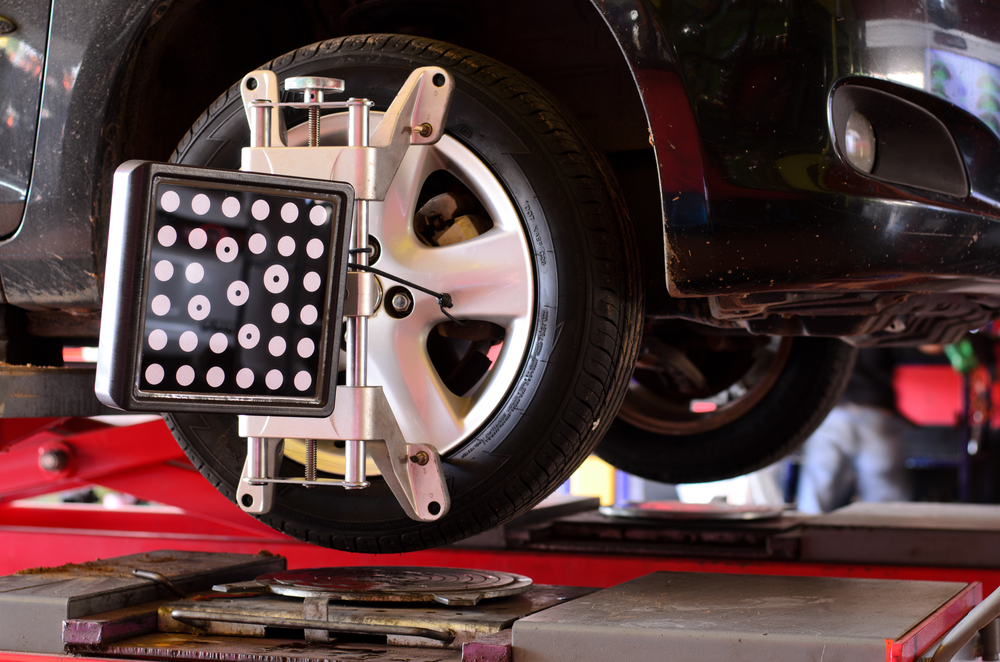Are you grappling with the question of whether your vehicle requires a two-wheel alignment or a four-wheel alignment? Here at Kunes Auto Group, we’ve compiled a guide to aid you in understanding the essentials of tire alignments, so you can make the right choice for your vehicle's performance.
Understanding Wheel Alignments
Unlike tire balancing, a wheel or tire alignment involves adjustment of your vehicle's steering and suspension systems - not directly tweaking the wheels or tires. This process, carried out by expert auto technicians, focuses on optimizing the angles of your suspension to ensure ideal contact between your tires and the road. Alignments usually encompass toe, camber, and caster adjustments.
Exploring Two-Wheel Alignments
Also known as front-end alignments, two-wheel alignments adjust only the front steering and suspension of your vehicle. Auto technicians work on your suspension components' angles to meet the manufacturer's specifications. Some steering system components may also be tweaked during this process.
An Overview of Four-Wheel Alignments
A step further than two-wheel alignments, four-wheel alignments cover adjustments of both the front and rear suspension. This means an expert technician will align the camber, toe, and caster angles on both the front and rear of your vehicle, if applicable.
Rear-End Alignments Decoded
A rear-end alignment mirrors the front-wheel alignment process, only it takes place at the back of your vehicle. If necessary, adjustments to the camber, toe, and caster are made to ensure your rear tires interact optimally with the road.
Importance of Wheel Alignments
Proper wheel alignments confer numerous benefits, including extending the lifespan of your tires and improving vehicle handling. If you notice symptoms like uneven tire tread wear, drifting, an off-center steering wheel, or vibrations during acceleration, you might be overdue for a tire alignment.
Choosing between a two-wheel or four-wheel alignment depends on several factors, including your vehicle's steering and suspension system, manufacturer recommendations, and any recent incidents that could have affected your suspension system.
Four-wheel alignments are typically necessary for most modern vehicles like cars, small SUVs, crossovers, and vans, especially those equipped with all-wheel drive. On the other hand, two-wheel alignments are often required for vehicles with a solid, fixed rear axle, such as large trucks, SUVs, classic cars, or certain manufacturer-specific models.
Align Your Tires Today At Kunes Service Center
Still unsure which alignment type is suitable for your vehicle? Pay a visit to Kunes CDJR of Woodstock's Service Center. Our skilled technicians will perform a detailed inspection of all relevant components, including the camber, caster and toe angles, steering, and suspension system.
Regardless of the type of alignment your vehicle necessitates, our pricing remains the same. Schedule an appointment with Kunes CDJR of Woodstock's Service Center today, and let's get your vehicle heading in the right direction!

